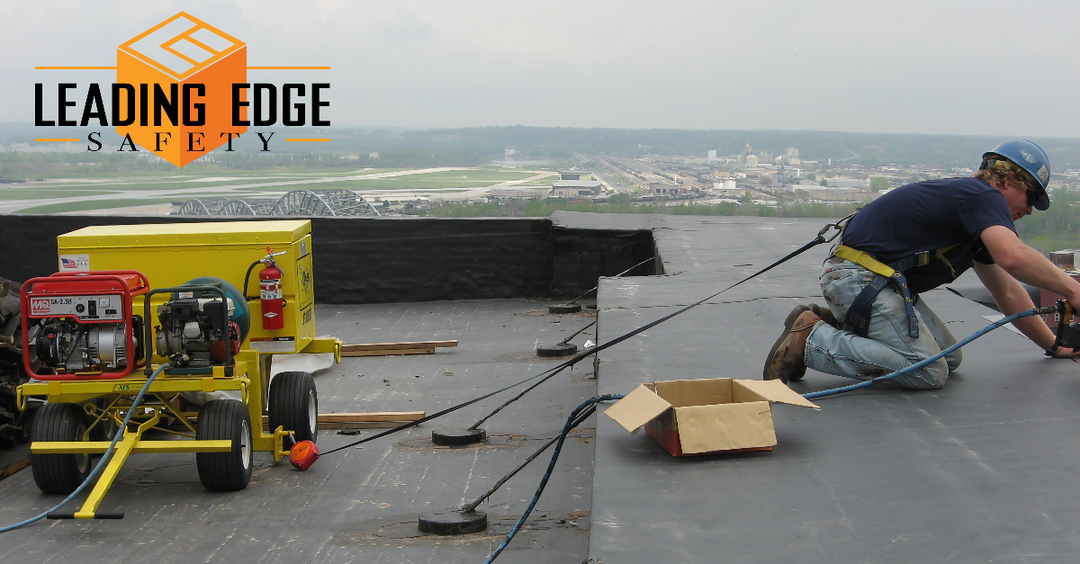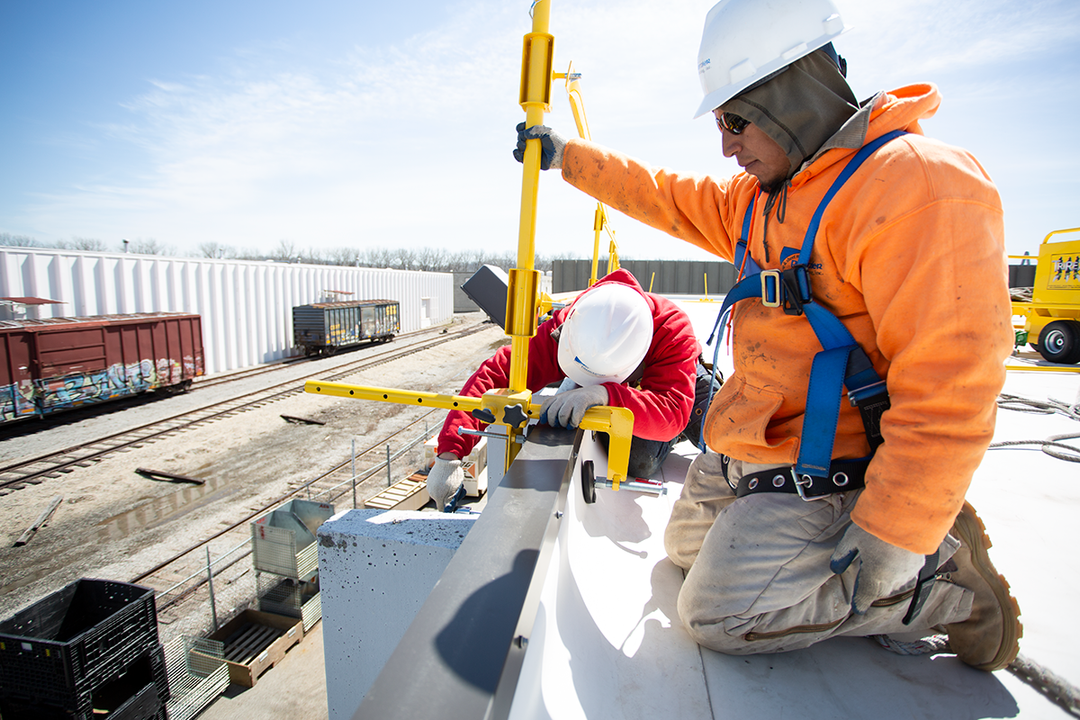6 Tips For Commercial Roof Maintenance This Winter
6 Tips For Commercial Roof Maintenance This Winter: Winter is just around the corner! Now is the time to prepare your commercial roof for the winter. Let's look at a few things you should be doing before the first snowfall to ensure your roof's longevity.
- Safety Before you perform any maintenance related issues, roof safety should be at the top of your list. Does your building have safety rails? Are there appropriate places to tie off? Don't forget about skylights! Skylights can be a hazard, whether they are blocked by snow, debris or just overlooked. The SkyNet™ from Leading Edge is a fast and easy way to properly secure these potential fall areas.
- Drainage System Clear roof drains allow moving water to stay off the roof, reducing the possibility of damage from harsh winter conditions. Remove debris prior to the winter season to ensure water can escape from your roof.
- Inspection Check seals for any cracking and any damaged or loose roofing materials. Have these findings repaired immediately by a professional to avoid leaking roofs, which can create mold, mildew and water damage as well as a potential icy safety hazard.
- HVAC Have your roof top HVAC unit serviced annually! This may prevent break downs during the cold snowy days of winter. Don't forget to check the seals on the unit itself to prevent leaks and safety hazards.
- Ice Dams Have you noticed icicles hanging from your gutters? This is usually a sign of ice dams. Let's not forget that water EXPANDS: Ice dams can cause serious damage to your downspouts. Remove them ASAP to avoid future costly repairs.
- Snow Removal Experts say that more than a foot of packed snow can cause damage to your roof and increase the risk of it collapsing. Remove excessive amounts of snow from your roof as soon as it's safe to do so.
Winter is the most important time of the year to be prepared for. Routine maintenance can prevent costly repairs and future safety hazards!







